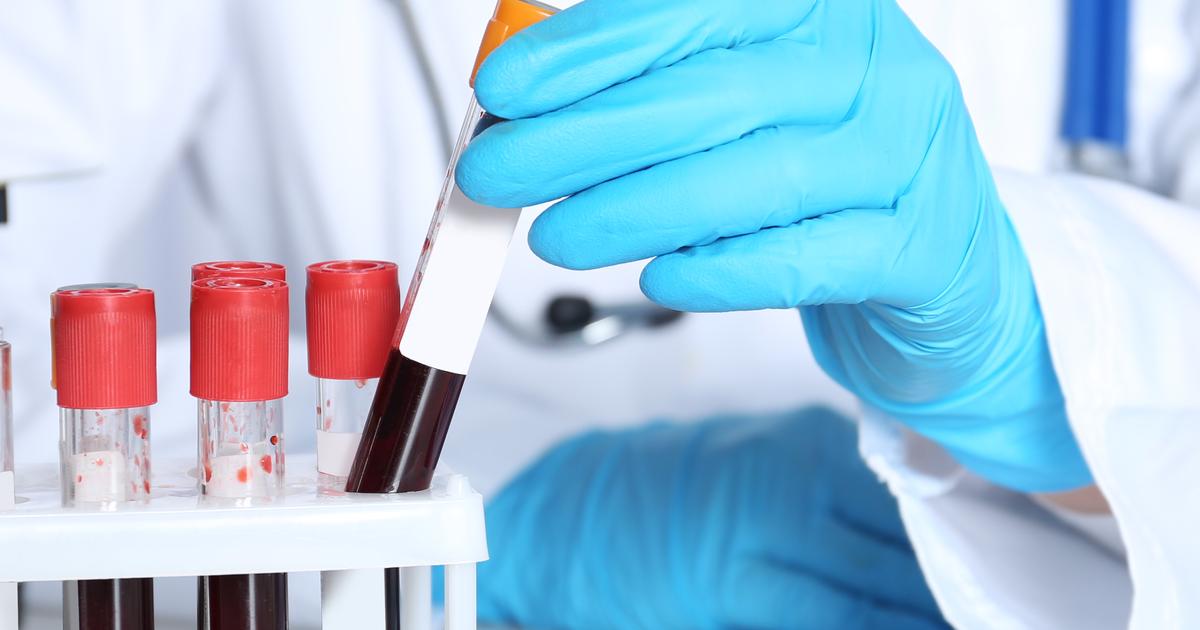What Are The Most Common Hematology Tests?
Hematology refers to the study of blood and the impact it has on disease and overall health. Hematologists study a variety of blood disorders and conduct research to better understand what roles blood plays in the body. The topic covers issues with not only white and red blood cells, but also with platelets, bone marrow, blood vessels, spleen, lymph nodes, and all the proteins involved in clotting and bleeding. Hematologists use their knowledge of these topics to treat blood conditions. When patients see a hematologist, they may do certain diagnostic tests to determine if they have an underlying condition. They may also conduct tests to see whether a treatment they are undergoing is working well enough. Some of the most common blood disorders include hemophilia, anemia, blood clots, and cancers of the blood.
Learn about the most common hematology tests now.
Complete Blood Count

A complete blood count (CBC) is a type of blood test that evaluates a patient's overall health. It can be used to detect multiple different disorders, including leukemia, infection, and anemia. These tests review several different aspects of blood, including measuring the amount of white blood cells, red blood cells, hemoglobin, and platelets in the makeup of a patient's blood. In addition, they measure the proportion of plasma to red blood cells. If any of these readings are unusual, the hematologist will have a better sense of the underlying condition a patient may be dealing with. Complete blood counts are used for multiple different reasons. In addition to being a diagnostic tool, they can be used for reviewing overall health during a routine examination, monitoring a chronic medical condition, or monitoring ongoing medical treatment. If a patient recovered from a medical condition like cancer, their doctor might take blood tests periodically to make sure they haven't had any relapses. Complete blood counts aren't fasting blood tests, but patients might need to fast if their doctor needs additional information from the sample.
Keep reading to learn about the most common hematology tests now.